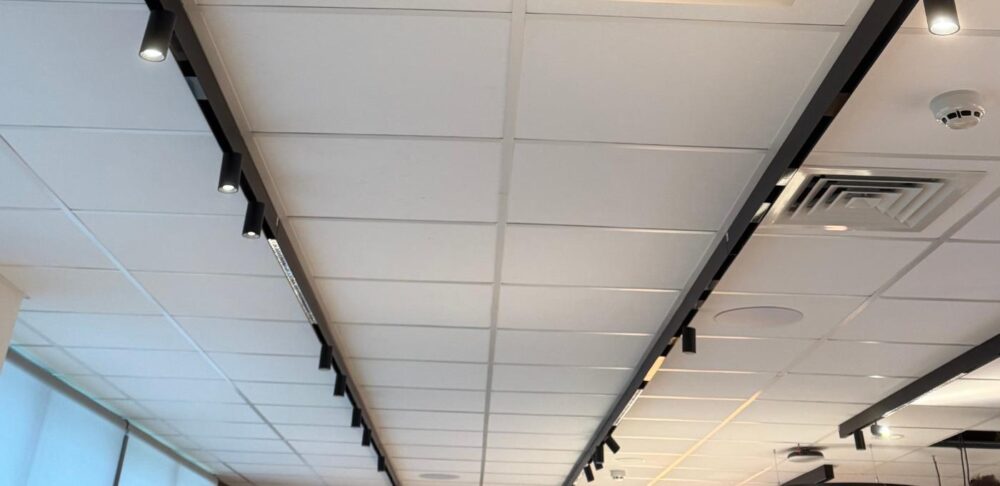Organisations looking for improved workplace lighting solutions often choose modular systems because of their dual advantages of sustainability and flexibility. These new systems are changing how we light our homes and workplaces.
What Makes Modular Lighting Different?
The components of modular light systems serve as independent replaceable units that allow fixture upgrades through component replacement instead of complete disposal. The modular system operates as individual components similar to building blocks, which allows you to replace only the defective section. Traditional lighting fixtures require a complete replacement when one component breaks because it is one entity, so the entire fitting needs to be replaced. Modular systems also use LED technology, which uses up to 80% less energy than older styles of lighting. Modern modular designs benefit the environment with LEDs, because these lights generate less heat and function for extended periods.
Environmental Benefits
The environmental advantages of modular systems are clear. When part of a light fails, you replace only that piece instead of the entire fixture, dramatically reducing the amount of waste going to landfills. The design of modular lights includes features that allow for easy disassembly. The remanufacturing process benefits from their design because fixtures can be readily disassembled and refurbished before being reinstalled.
Save Money with Modular Lights
Beyond helping the environment, modular lights also make economic sense. Businesses experience cost reduction because they need to replace only particular components during failure events. This maintenance strategy helps companies save money while keeping disruptions at a minimum. The flexible nature of modular lighting also means that your systems can grow or change as your needs evolve. Business expansion and space redesign enable you to move your existing lighting fixtures instead of having to buy new fixtures.
Supporting Sustainable Ideas
Modular systems fit with sustainability initiatives such as Digital Product Passports. These digital records track products throughout their life and provide information about materials, energy efficiency, repair instructions and recycling options. The simple construction of modular lights makes them suitable for tracking systems because they can be easily taken apart. Modular lights have straightforward construction that enables quick identification of recyclable and reusable components. Products in the circular economy stay in active use until their responsible recycling process begins.
Smart Technology Integration
Modular light systems work well with smart capabilities. These enable users to control the brightness and colour remotely, which can improve energy efficiency and costs by ensuring that the lights are only used when needed and at appropriate levels.
The Future of Lighting
The future of illumination contains modular lights since sustainability remains the primary focus of lighting design. These systems fit with the latest environmental principles through their design, which prioritises repair and reuse over replacement. By combining energy-efficient LEDs with modular design, we get lighting solutions that are environmentally friendly and adaptable to changing needs. As lighting technology continues to advance, modular systems will let us incorporate innovations without replacing entire fixtures.
Conclusion
Modular lighting is part of the route we need to take to sustainable illumination. These systems reduce waste and energy use while also giving flexible, customisable lighting options that work for businesses. You can experience beautiful and functional lighting that serves the environment if you opt for DRK’s modular lighting range.


